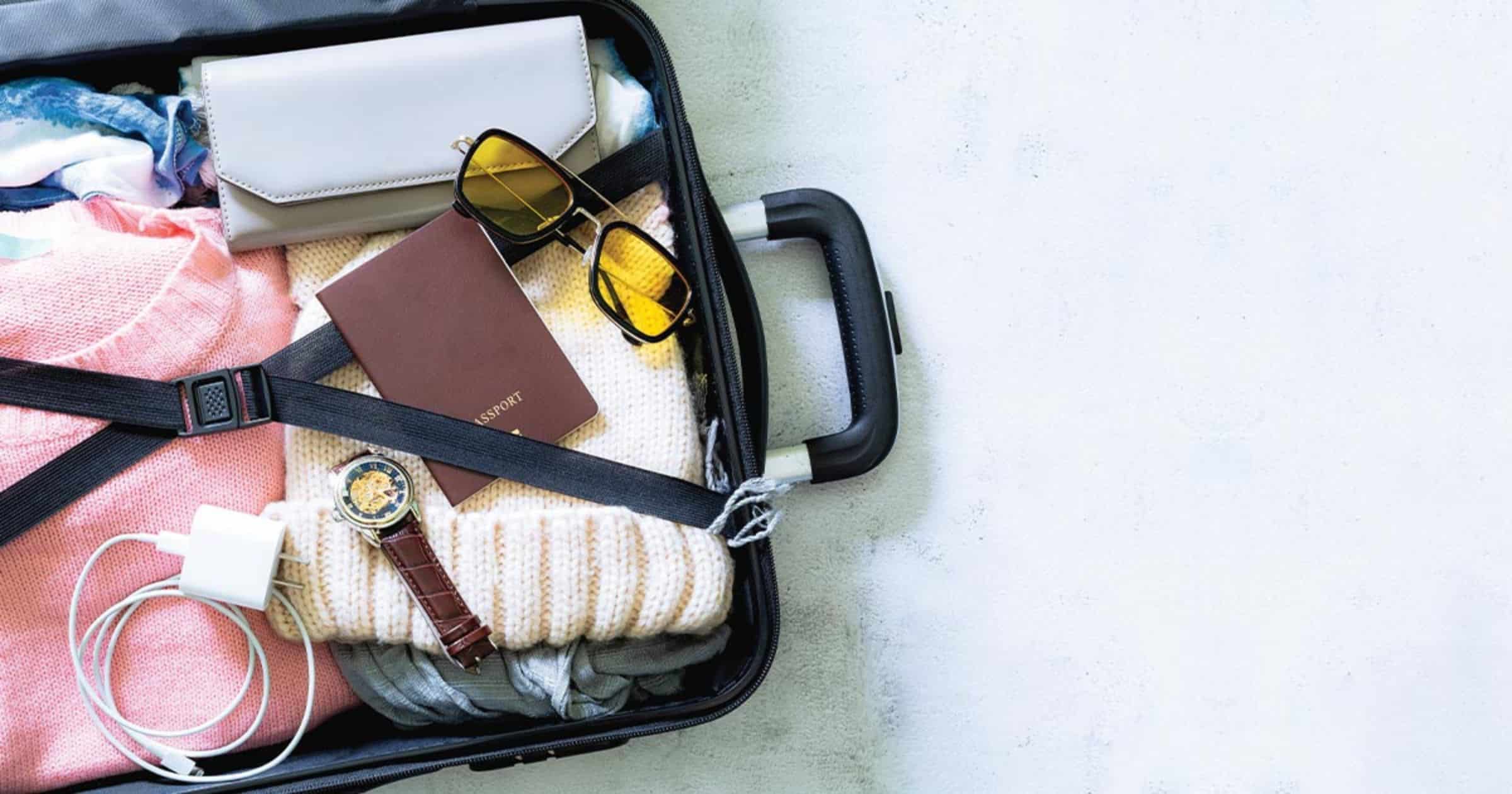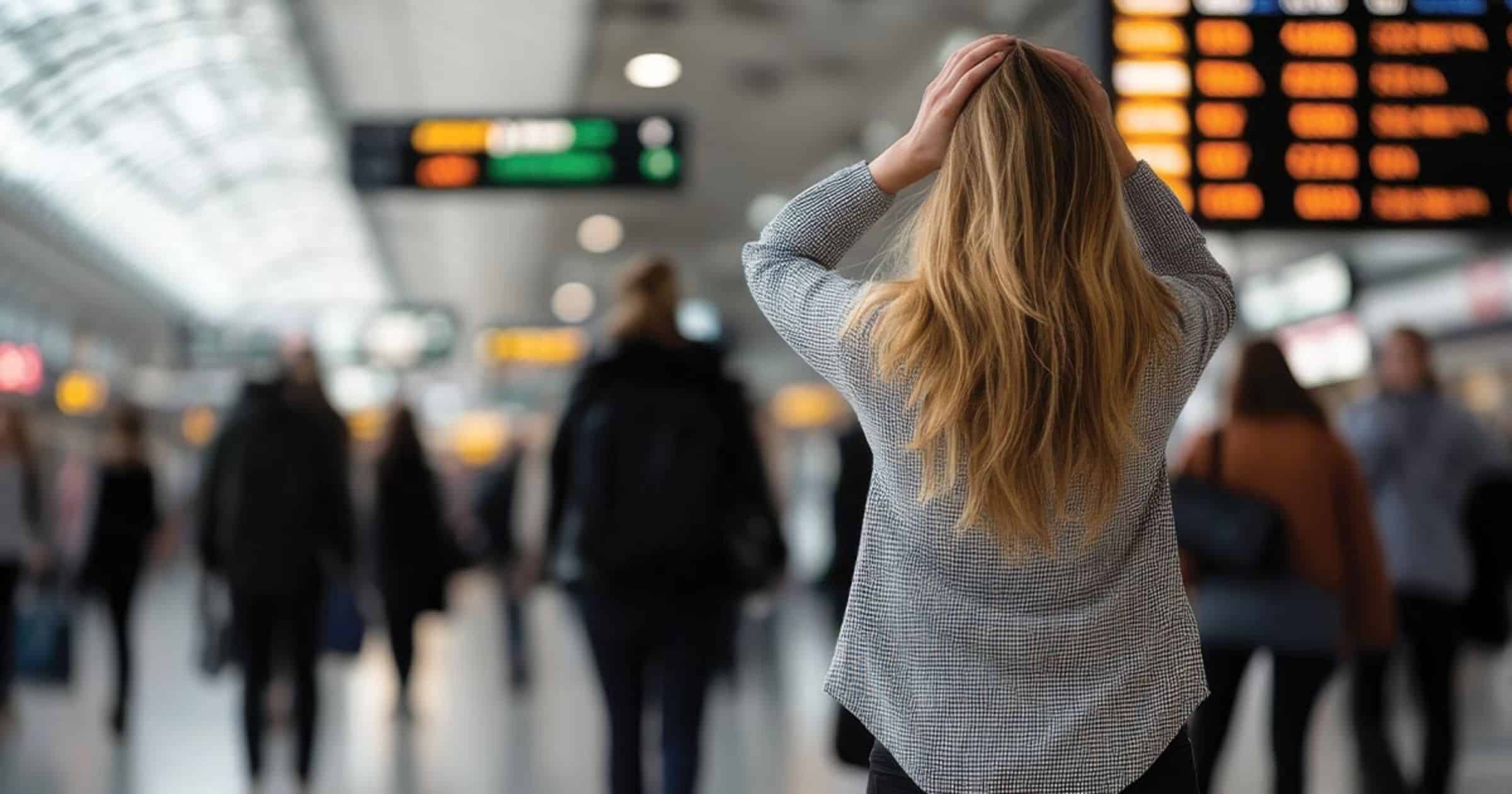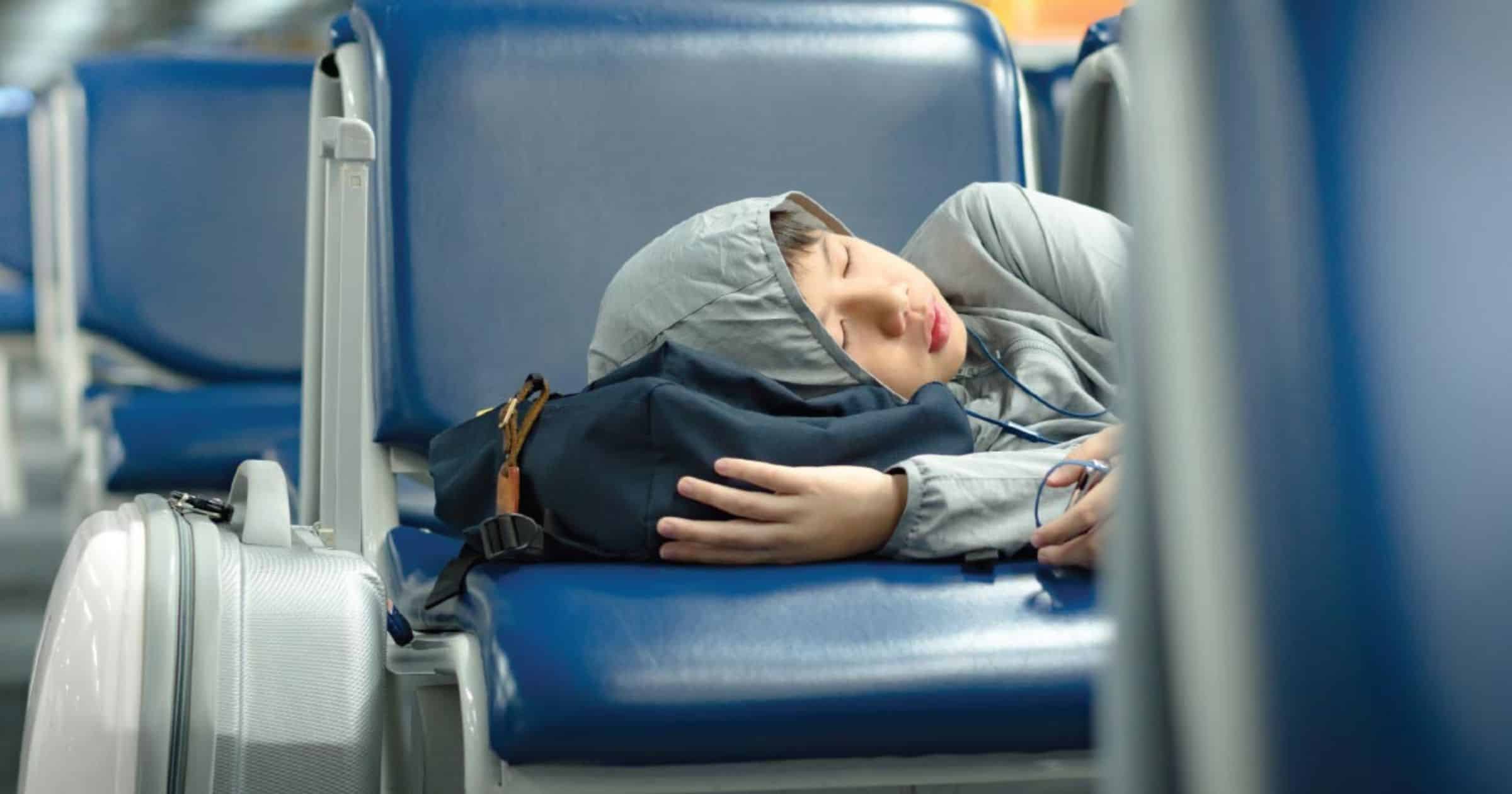Managing health and safety has always been a top priority in student travel, long before the pandemic began.
From allergies to flus, diabetes and sprained ankles, any number of things can become an issue while traveling with students. When you throw Covid-19 in the mix, there’s even more to consider.
To think about how to address these challenges new and old, SYTA hosted a virtual seminar with Dr. Michael Ambrose, a researcher and doctor in the pediatric emergency department at a community hospital in Ann Arbor, Michigan. Ambrose has extensive experience advising safety in youth programming, including summer camps and student travel.
Backed by data and research, here are a few of Ambrose’s top suggestions.
Capturing information can help reduce liability, if you actually use that information to make the trip safer. That means prescreening for as much health history as you can before the trip. For example, it’s helpful to know if you have a student with severe diabetes, to avoid a problem with blood sugar in the middle of a back-country hiking trip or even a busy theme park. However, if you capture that information and do nothing with it, Ambrose says that could certainly increase your liability.
Plus, knowing a student has preexisting conditions like seasonal allergies can help you handle Covid-like symptoms and know whether they’re out-of-place or nothing unusual for that particular student.
Have a process for medications. Unfortunately, students may not always follow the rules with medications, which can lead to drugs like Adderall being shared and taken recreationally. In general, best practice is assigning a trusted group leader to collect and administer the medications when needed.
Ideally, all students should be vaccinated. This is certainly a controversial topic, but it doesn’t only apply to Covid-19. Ambrose has personally worked with groups with mumps and measle outbreaks, among other vaccine-preventable diseases. Even if you’re running a short, three-day program, it doesn’t take long for an illness to spread quickly when students aren’t properly vaccinated.
Overcommunication is more important than ever. This may seem obvious, but actually making it a top priority is another story. It’s crucial to make sure everyone in your group is on the same page, and nearly as important to update students’ parents whenever possible.
Contact local resources ahead of time. If you’re taking a group anywhere potentially dangerous, call the local hospital or other authorities to let them know where you’ll be, how many students are with you, and what your contact information is. Ambrose said having a predefined relationship like this is proven to save lives in the event of an emergency.
Know about the testing options. Some cities have very quick and efficient testing, while others are more limited. Know what you’re getting yourself into, in the event of a student showing symptoms. Ambrose also suggests testing students within 48 hours before the trip, and about 48 hours after arrival for longer trips.
Paper records don’t cut it anymore. Illegible handwriting can and does lead to errors in the middle of a disaster. Plus, a binder full of students’ private health information could be easily lost or stolen, and it can’t be shared between smaller groups splitting off from each other. Use a fully secure, digital platform.
Bring on a medical advisor, just like you may have a legal team. They don’t have to work for the school or tour operators, but can be an outside advisor that edits and signs off on your policies before the trip.
Outdoors is still better. Groups that have their activities and meals outdoors see dramatically fewer Covid cases. All ventilation helps, including leaving the windows open in the cabins, if possible. Simple as that!
Outbreaks occur within groups that don’t try. The camps and student travel groups that make the news are the ones who don’t track vaccine information, don’t do pre-arrival testing, don’t bother with social distancing, etc. If you want parents to trust you with their kids in the future, an outbreak of 125 cases will make that difficult.
Make the little changes. For instance, when you’re loading the bus this time around, have students say goodbye to the family individually in their cars, rather than dealing with a large crowd of parents and students mingling. You’ll start your trip off on a safer, and faster, foot.





